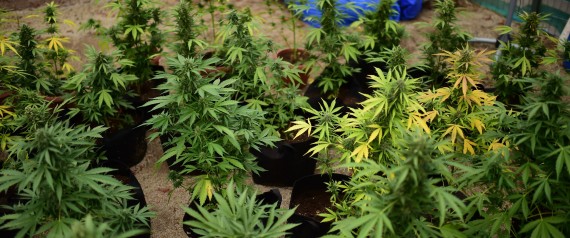Puerto Rico's New Birth Certificates May Still Be Vulnerable [Radio]
Six years ago Puerto Ricans like myself were told to get a new birth certificate. Officials said the old certificates were at risk of being stolen and sold on the black market.
It turns out the new security-enhanced certificates may not be that safe, either. I recently spoke with Alfonso Chardy of el Nuevo Herald about some recent cases in Miami that may point to a new rash of certificate thefts and fraud.
Have the issues of identity theft not been resolved by the new certificates?
It's unclear, because there are cases in numerous courts [but they] don't say if the certificates popping up are the new or old certificates. But the indication is they are the new certificates because these recent cases just popped up in the last 12 months.
What was happening in Puerto Rico that led the government to pass the law?
What was happening was that Puerto Ricans were either selling or having their birth certificates stolen, their identities stolen, then having those certificates sold to undocumented immigrants in Latin America so they could get US passports to get into the United States.
What was so unique about how Puerto Rico handled birth certificates, which led to this problem?
One of the things that state department officials noted was that Puerto Ricans were often required to have many copies of their birth certificates. Puerto Ricans would have many copies to go to school or work at government agencies. That made them vulnerable, because there were many copies around of each certificate.
What sort of cases were popping up recently that raised the question about security with the new certificates?
One of the cases was a person from Honduras who bought the certificate and a Social Security card for $2,500. One person I mentioned in the story too, had the birth certificate of a person who is in jail in Ponce, Puerto Rico. Officers were able to trace that to the inmate.
Has the Puerto Rican government said anything about the safety of the new certificates?
No. They're being completely silent, either before or after the story came out. They could come forward and say, don't worry, these cases are isolated, but no. Maybe the situation is worse than we know.
By Luis Hernandez
Puerto Rico's New Birth Certificates May Still Be Vulnerable
It turns out the new security-enhanced certificates may not be that safe, either. I recently spoke with Alfonso Chardy of el Nuevo Herald about some recent cases in Miami that may point to a new rash of certificate thefts and fraud.
Alfonso Chardy of el Nuevo Herald shares some recent findings about Puerto Rican birth certificates. Six years ago Puerto Rico told everyone born on the island to get new certificates due to problems of identity theft.
Have the issues of identity theft not been resolved by the new certificates?
It's unclear, because there are cases in numerous courts [but they] don't say if the certificates popping up are the new or old certificates. But the indication is they are the new certificates because these recent cases just popped up in the last 12 months.
What was happening in Puerto Rico that led the government to pass the law?
What was happening was that Puerto Ricans were either selling or having their birth certificates stolen, their identities stolen, then having those certificates sold to undocumented immigrants in Latin America so they could get US passports to get into the United States.
What was so unique about how Puerto Rico handled birth certificates, which led to this problem?
One of the things that state department officials noted was that Puerto Ricans were often required to have many copies of their birth certificates. Puerto Ricans would have many copies to go to school or work at government agencies. That made them vulnerable, because there were many copies around of each certificate.
What sort of cases were popping up recently that raised the question about security with the new certificates?
One of the cases was a person from Honduras who bought the certificate and a Social Security card for $2,500. One person I mentioned in the story too, had the birth certificate of a person who is in jail in Ponce, Puerto Rico. Officers were able to trace that to the inmate.
Has the Puerto Rican government said anything about the safety of the new certificates?
No. They're being completely silent, either before or after the story came out. They could come forward and say, don't worry, these cases are isolated, but no. Maybe the situation is worse than we know.
By Luis Hernandez
Puerto Rico's New Birth Certificates May Still Be Vulnerable

